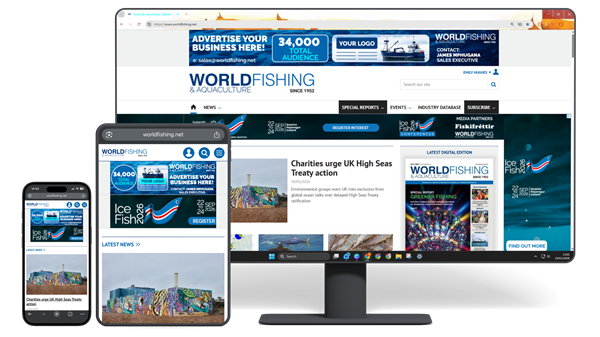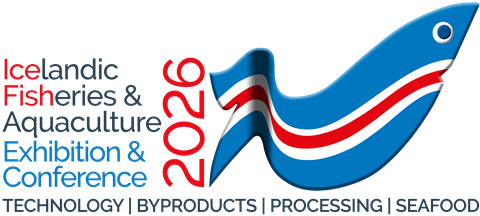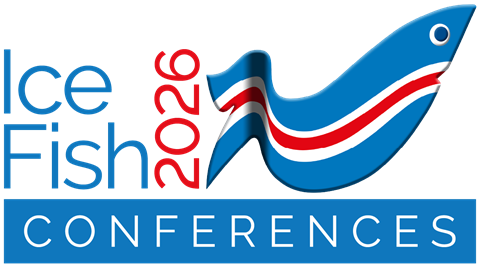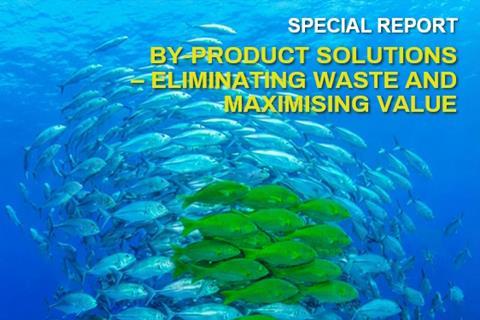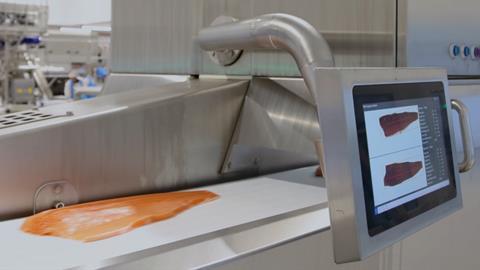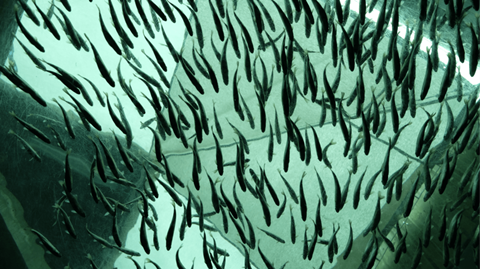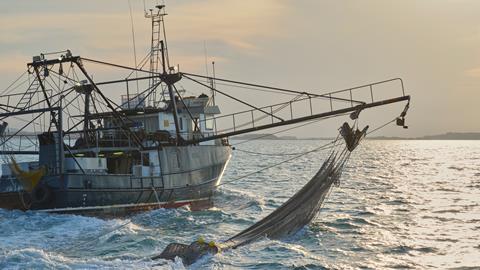Comment – Page 15
-
 News
NewsTen years of eel restocking in France
Objective is to contribute to increasing the number of healthy spawners returning to the sea and thus accelerate the recovery of the stock
-
 News
NewsFarmed wolffish – a future alternative to salmon?
Species has great potential for aquaculture, finds a new thesis from the University of Gothenburg
-
 News
NewsTuna side-streams – for a circular fish farming industry
In Malta, work is underway to preserve underutilised fish biomass for use in new, innovative ways
-
 News
NewsTransforming blue food through connectivity and integration
Stig Martin Fiskå, Global Head of Cognizant Ocean, explains how end-to-end smart platforms could help revolutionise the aquaculture value chain
-
 News
NewsSeaweed – Rediscovering a sustainable and forgotten food
Dr Craig Rose PhD – aka Doctor Seaweed – explains why we should say yes to more seaweed
-
 News
NewsNew survey finds artisanal fisher failings in Eastern African
Traffic highlights the scale of unregulated and occasionally illegal-harvested marine species in nearshore waters
-
 News
NewsReport: EU fishers being undermined by ‘unfair’ Chinese competition
European Parliament has been warned that Chinese distant water fleets are causing considerable environmental, social and economic problems
-
 News
NewsOp-Ed: Time for action not words – making Pacific tuna sustainable
Accountability.Fish Global Director Ryan Orgera discusses the inconsistent rhetoric and behaviour of the WCPFC
-
 News
NewsIceFish 2024: Championing blue food – from sea to plate
Being staged in Kópavogur on 18-20 September 2024, the countdown to the 14th edition of the Icelandic Fisheries Exhibition has begun
-
 News
NewsUkrainian fisheries and aquaculture in tatters
Destruction of the Kakhovka Dam on the Dnypro River could be the worst thing to date to have happened to the already heavily-troubled sectors
-
 News
NewsFuture fish production – a risky business?
Sector could be significantly impacted by environmental and regulatory uncertainty, says OECD and FAO
-
 News
NewsOptimising restorative aquaculture
By championing positive ecosystem outcomes, aquatic food producers could meet the future needs of people and planet
-
 News
NewsRaising the bar with barramundi in Sri Lanka
Oceanpick – the country’s first oceanic fish farm – offers a tantalising glimpse into the importance and value of barramundi farming
-
 News
NewsTroubles mount for Egyptian aquaculture
The industry is bearing the brunt of climate change and economic turbulence
-
 News
NewsBlue food thinking
Aquatic foods are central to a healthy, sustainable and equitable food system, but innovative endeavours are needed on all fronts
-
 News
NewsBenelux fishers in troubled waters
Ever-tightening EU standards and steadily rising costs are forcing many of the states’ fishers to leave the industry whilst also driving up the price of seafood
-
 News
NewsFalling demand and El Niño to challenge global aquaculture
Asian shrimp industry in particular is facing a challenging period of record-low prices, according to a new aquaculture report from Rabobank
-
 News
NewsHow aquaculture has reshaped the seafood industry (and why it’s a good thing!)
Award-winning fishery scientist and educator Emily De Sousa explains why sustainable aquaculture is beneficial for the environment and consumers alike
-
 News
NewsThai Union explains its $200m sustainability commitment
Chief Sustainability Officer Adam Brennan talks SeaChange 2030 and reshaping seafood
-
 News
NewsInside Finland’s new PaRAS concept
Could a modular fish farming system be the answer to RAS challenges?

